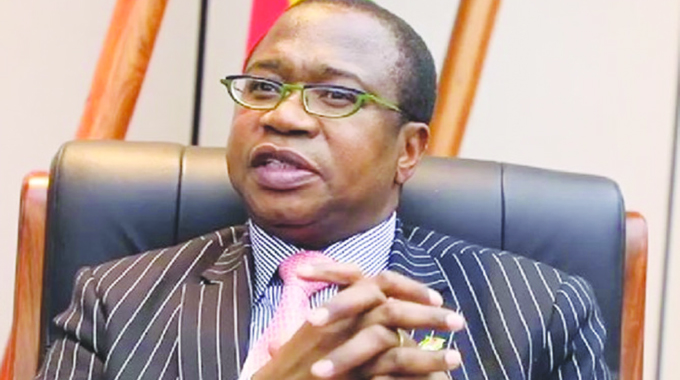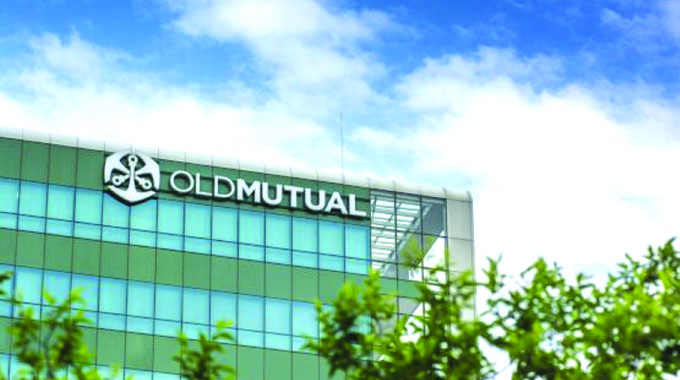SDRs should support key productive sectors

Michael Tome Business reporter
THE nearly US$1 billion equivalent of Special Drawing Rights (SDRs) Zimbabwe received from the International Monetary Fund on Monday should be channelled towards productive sectors and stabilisation of the foreign exchange auction, economists have said.
The IMF on Monday released US$650 billion worth of SDR equivalent allocations to its members across the world, as part of efforts to support their forex reserves and cushion them from the impact of the fall out from Covid-19.
The facility came at an opportune time when Zimbabwe is implementing the National Development Strategy (NDS1), whose key objectives include retooling the country’s economy, while the country faced additional social and economic obligations arising from the pandemic.
Finance and Economic Development Minister Professor Mthuli Ncube has already indicated that the SDR will be allotted to areas that support strong economic recovery efforts among them agriculture, industry, mining, and manufacturing as well as social sectors covering health and education.
The funds will also be assigned to supporting key public infrastructure developments across the country and buttressing national foreign currency reserves for macro-economic stability going forward.
Economist, Professor Gift Mugano said the money should help revamp key engines for anchoring economic growth like the Industrial Development Corporation (IDC), with a view to enhancing value addition and beneficiation.
He also said key enablers of growth like the restructured state owned agriculture development financial institution Agricultural Finance Corporation (AFC) should also receive a chunk of the funds.
“There is a need to invest in the retooling of industries and new machinery, which will help in the value addition of natural produce , which requires some kind of capital. In my view the facility can assist that way because it is a missing link.
“I would recommend the Government to channel that money through the Industrial Development Corporation, if you look at South Africa, IDC is a development finance institution that provides finance for retooling, capitalisation.
“I understand that before this, the Government had no finances to do that, I think now that we have the money we should put a significant part of that money into IDC and another significant portion into AFC so that we have a development financial institution (DFI) assisting agriculture and the other one assisting the manufacturing sector if we do that, that would be a game-changer, ” said Professor Mugano.
Another economist Dr Prosper Chitambara was positive that the financial kit would help in reducing pressures caused by lack of foreign currency in the economy, chief among them stabilization of the foreign currency auction system.
“This inflow will also be vital in terms of enhancing supply of foreign exchange in the economy which will ameliorate the pressure that we have been seeing on the foreign exchange auction system, so we are likely to see some stability in the forex markets and the exchange rate also.
“This is a significant development given that this is not a loan but an allocation. We should make sure that we invest this resource in sectors that enhance the productivity of our economy and the wellbeing of our citizens,” said Dr Chitambara.
Dr Chitambara cited the energy sector as another critical area which requires adequate resources.
“We still have energy deficiency in the country, hence the sector needs resources to ensure sufficient provision of energy, because energy availability enhances the competitiveness of the productive sectors,” he said.
Adding that it will be recommendable if some of the money is allotted to water and sanitation projects mainly the Zambezi water project.








Comments